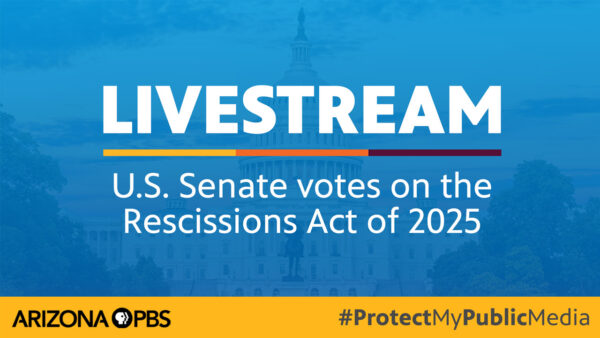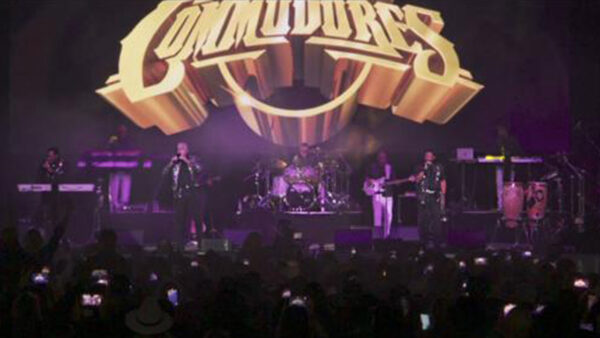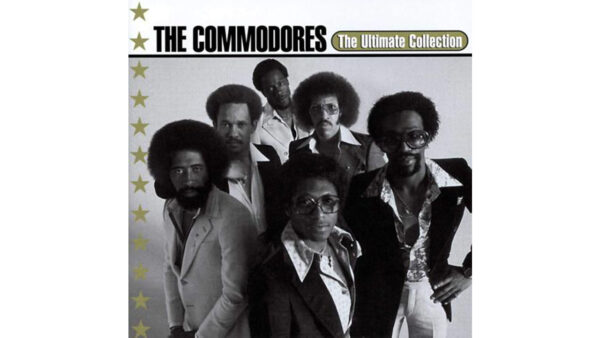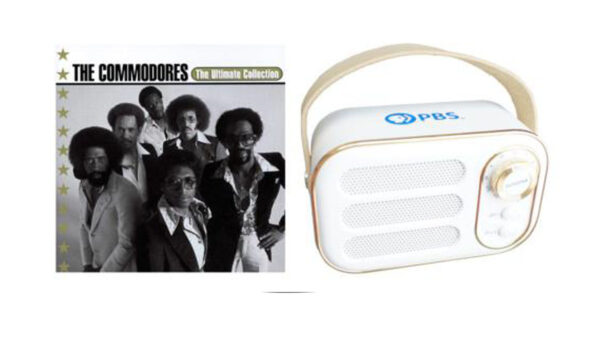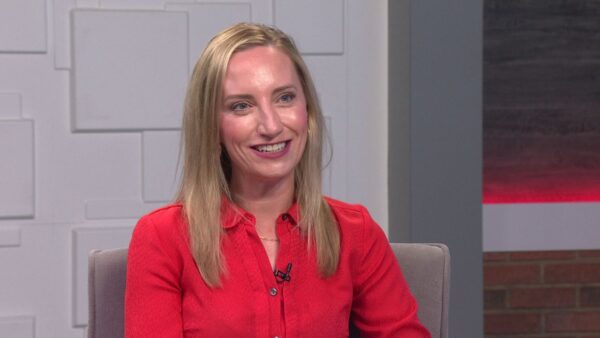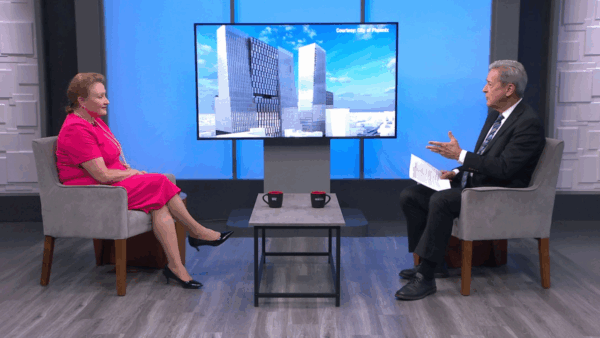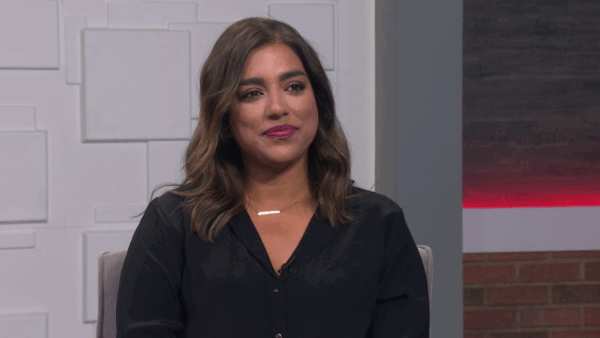Arizona State University’s College of Technology and Innovation is hosting a Science & Engineering Festival on February 22, with a day full of activities that will celebrate the power of the Science and Engineering field. This event is being held in collaboration with the 2013 Arizona SciTech Festival.
Richard Ruelas hosts.
Richard Ruelas: Arizona State University's college of technology and innovation is hosting a science and engineering festival tomorrow. It will be a day full of activities to celebrate the power of science and engineering. The event is being held in collaboration with the 2013 Arizona sci-tech festival. Here to tell us more is Chell Roberts, executive Dean of the college of technology and innovation. Thanks for joining us tonight. What can we expect tomorrow?
Chell Roberts: A very exciting day, Richard. We have, from 5:00 to 8:00, we are going to have exhibits. We are going to have food trucks. We are going to have hands-on activities for the community. We are a college of makers. That's what we do is produce makers and we are tapping into the maker movement. Where we have fabrication equipment that has come down to a technology level where the community can engage with that equipment to make and prototype and build things.
Richard Ruelas: Fabrication equipment, I guess the new hot thing is 3D printers. But you are trying to get people not to see science as an out there phenomenon but something they can try to get excited?
Chell Roberts: Something they do and something they engage in. We will have exhibits and hands on participation activities like build and launch a rocket. They will be building solar and wind-powered cars. We have a build a bridge and see how much weight you can put on it. We also have entertainers coming so we will have a D.J. that's going to produce geek rock. That sounds kind of fun. We also have a famous author, Michael Hirsch will be presenting his unusual creatures project. We see some of the most bizarre animals in the world and at the same time, he produces and performs songs that are inspired by these creatures on some very odd musical instruments.
Richard Ruelas: What age range are you aiming for? We are talking like you are trying to get middle school and high school kids interested?
Chell Roberts: Certainly that's important from the science and technology standpoint is getting more students interested in science and technology. We think that's important. But this festival is open to the community. So it's all ages, all the way from very, very young to like our age.
Richard Ruelas: Five to 8:00, no charge, I'm guess.
Chell Roberts: No charge, no charge coming and enjoy.
Richard Ruelas: How are we doing in the making department in the United States? How vital is it that we produce young people who are interested in making things?
Chell Roberts: Well, making is a hook for people. They really enjoy doing that. It's important because we are look at competition around the world where a large percent of the gross national product of other countries is being put into science education. Perhaps more than here. So we want more students to engage in science and technology from an economic standpoint, just for us.
Richard Ruelas: I guess we think of science and technology in the abstract, the chalk board filled with equations and numbers. Do you find that is daunting for many students as a barrier?
Chell Roberts: It is. We have created a number of pathways in science and technology. So it's not just equations. That's how I learned when I went to school but actually, creating and making things. So we learn how to produce, to create new economies to make products. Requires different types of mathematics. So many different pathways, many different entry points.
Richard Ruelas: How did we get, I guess we know that these hands-on exhibits, these hands-on experiments get children excited, students excited about figuring out how to transfer the ability to make something into the equations and vice versa.
Chell Roberts: They certainly do. We find that when people get the opportunity to try to contextualize their knowledge and do something to make an impact, to make a difference, whether it's in the environment, whether it is with a new product, whether it's with health care solutions, a broad variety of ways people can engage. And I think when people find the opportunity to make real impact and do something they get really excited. We have students that leave the campus starting their own enterprises, their own companies because they see this exciting opportunity where they would never think they would do this in the beginning. They thought they were going to go on some other career.
Richard Ruelas: Wait. You are saying there's a chance to make people want to learn?
Chell Roberts: Oh.
Richard Ruelas: Want to learn and make learning fun?
Chell Roberts: I think that's really the important part of learning, getting people engaged so they do something with their knowledge. It's not passive learning. It's very engaged learning get your hands dirty, make, create, build, invent, explore.
Richard Ruelas: And eventually you have to get to a chalk board and make some equations.
Chell Roberts: Yes. There have to be some equations. You have to learn to some theoretical principles but like I say a different blend.
Richard Ruelas: And I guess try to bring the United States back into, or continue its status in the innovation world.
Chell Roberts: Yes. We are leaders in innovation. A lot of countries want to copy us because we are leaders and they are trying very, very hard to do that. That's why it's very important we maintain our competitive first-place position.
Richard Ruelas: Excellent. And there will be food and there will be games and music.
Chell Roberts: Definitely. Entertainment, food, food trucks.
Richard Ruelas: But not a chalk Boulder in sight.
Chell Roberts: It would be hard to find one.
Richard Ruelas: Chell Roberts, we will see you out there tomorrow. We will pack viewers days in tomorrow.
Chell Roberts: Thank you, Richard. Appreciate it.
